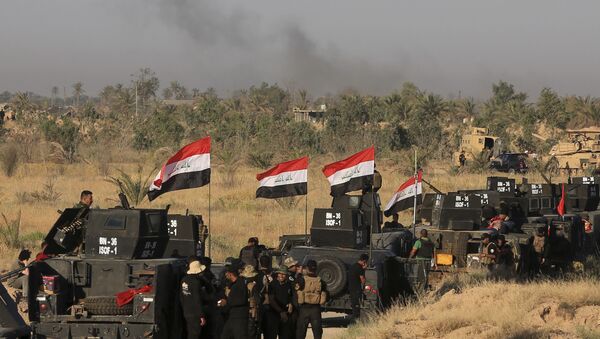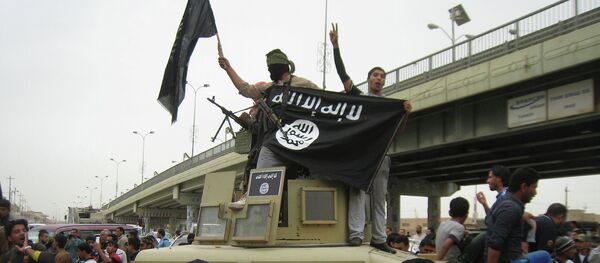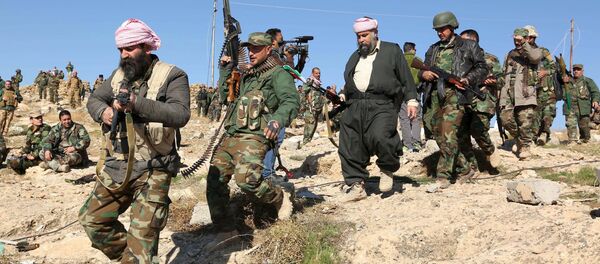Fallujah was conquered by terrorists in January 2014 and has been under siege by the Iraqi army and Shiite militias for months. Now, a famine threatens to cost even more lives in the surrounding area's refugee camps.
"Our food supply is sufficient for two days only, and the situation is acute," Karl Schembri of the NRC in Iraq told the Swedish newspaper Aftonbladet. "We will soon run out of both water and food. Also, we have an extreme shortage of medicine," Schembri said.
Even the World Health Organization warned in a written statement that the situation in the region is "deeply disturbing" and that thousands of families are in dire need of health care intervention.
"They are many people left, and they are the most vulnerable, who have not managed to escape. The elderly, children and pregnant women cannot get out. And they are in great need of help," Schembri said.
The NRC is calling on the international community to act promptly to prevent the escalation of the fighting, which would further aggravate the situation in the camps, where the water shortage in the 50-degree heat is already acute.
"We fear that those who manage to escape the humanitarian catastrophe in Fallujah now end up in another pending disaster," Schembri said.
The operation to reclaim the city includes counterterrorism services, Iraqi government forces and allied militias. The offensive has also received air support from the US-led alliance.





